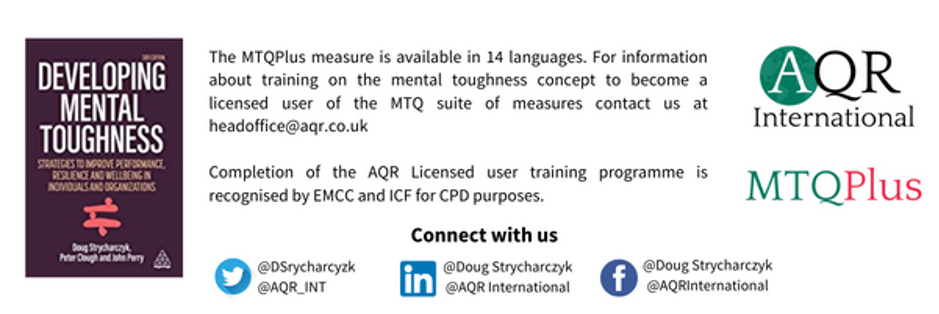Speaking with Joanna Lohman, the US soccer star and LGBT rights activist, she introduced the idea of moulting into our conversation. This provided a useful perspective on exploring our ability to manage change and challenge.
Many creatures moult. Crabs shed their exoskeleton to be able to grow and thrive. Birds shed their feathers as they pass through different stages of maturity often appearing quite different post-moult. And, in a way, people can moult too.
People don’t usually moult physically (although some will change their appearance in response to the way they feel about themselves).
People can moult in a different way. As we pass through key stages in our lives, many of us will need to make significant mental adjustments which are partly based on what we have learned from the past and partly on what we expect the future will bring. We generally call this transition.
It is likely, therefore, that our patterns of mental toughness and mental sensitivity will be significant in our ability to manage this aspect of transition.
Transition, like moulting, is essentially about growth. Joanna used the term “expansion”.
It can be gradual, barely noticeable day by day. However, there can also be significant moments when we are expected to respond to change.
Children experience major changes as they first go to school, then high school and then higher education and/or work. Parents often go through these transition points with their children. Adults can also change jobs, start families, change partners, change interests, fall ill, etc each of which requires us to be able to adjust our mindset to optimise our lives.
This chimes with the idea of mental agility. Mental agility describes the ability of an individual to think, learn and quickly absorb new information, systems and processes. In other words, it represents how well we are able to respond mentally quickly and effectively to changes in our circumstances.
And this is important today not just because change is a feature of life anyway but because the 21st century is characterised by the frenetic pace of change. Technology, societal attitudes and norms, the environment, etc are all introducing changes at an unprecedented rate.
Some of us can deal with it, some less so. So… why might our level of mental toughness be a factor.
In our discussion, it became apparent that Joanna had given this topic a great deal of thought. She defined “moulting” in terms of 4 components – all of which match perfectly with the 4Cs mental toughness framework.
- Acceptance of the new state – being comfortable with change and your responses to it
- Opportunity – recognising that opportunity exists within all change.
- Learning – all experiences are learning opportunities for doing it better.
- Developing new skills – belief in your ability to deploy these.
With an appropriate mental approach, the world can become “different but not dangerous”.

We can start with the Challenge factors. These describe the extent to which we are open to change and the challenges these might present to us. Some embrace change, others don’t. Similarly, some will learn from everything that happens to them and around them. They will grow into the change and the new situation. Others avoid reflection and prefer things to stay the way they are.
The Confidence factors describe the self-belief we have in our skills, our knowledge to manage change and the interpersonal qualities to engage with others to create new opportunities and scenarios. Others may not possess these and can feel overwhelmed by transition.
The Control factors refer to our sense of self-worth – the extent to which we believe we are, as people, able to manage sufficiently to be able to achieve what we must. That includes managing our emotions. This is often referred to as “can do”. Others may not think they can.
Finally, the Commitment factors reflect the extent to which we have purpose – we know what we want to achieve and will do what is needed to achieve our purpose. Even if it makes doing something more difficult because something is now different or was unexpected.
In summary, the most important form of moulting that people experience is mental moulting. This is adjusting our mental responses in light of the situation in which we find ourselves or even the situation we anticipate.
The eight factors in the 4Cs mental toughness concept indicate why some will “moult” comfortably, making their way through life stoically taking challenges in their stride.
Others may not. Through the lens of the eight-factor framework, we can get an idea of why some find “moulting” uncomfortable.
The MTQPlus psychometric measure supports this by providing a reliable way of assessing the levels of mental toughness on each of the eight factors.
To hear more about Joanna’s thoughts on this where she draws on her own life experiences listen to the podcast here.
Connect with Joanna Lohman on LinkedIn or at http://www.joannalohman.com/



